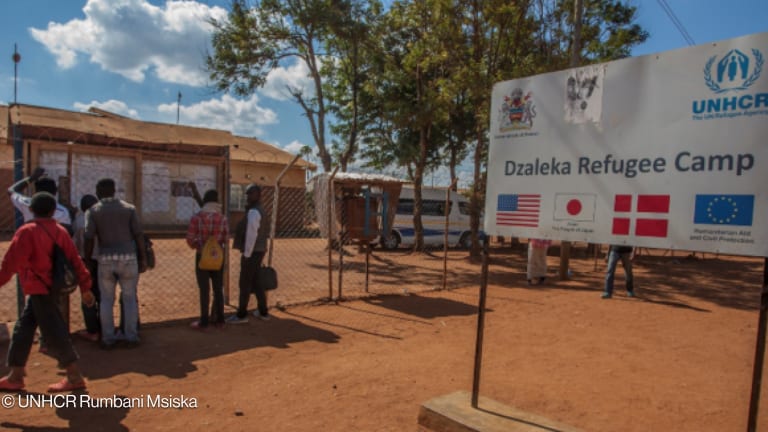Should the U.S. withdraw from Afghanistan or stay in place? That question has echoed in numerous circles over the past couple of weeks.
On Sept. 25, the Cato Institute hosted a Capitol Hill briefing exploring this issue. Cato's foreign policy analyst Malou Innocent and vice president for defense and foreign policy studies Ted Carpenter spoke at the event. The two co-authored "Escaping the ‘Graveyard of Empires': A Strategy to Exit Afghanistan," a Cato Institute publication.
Innocent and Carpenter argued that U.S. presence in Afghanistan will not necessarily improve living conditions in the Asian country. Innocent stated that Afghanistan is still in the same state it was – dysfunctional, isolated, and dirt-poor – in 2001, when American and British security forces came into the picture. She stressed that simple measures for advancing capacity building are not being undertaken, such as meeting with Afghan officials to evaluate the country's development needs.
Carpenter expressed his skepticism about "winning hearts and minds" in order to advance development in Afghanistan. He made reference to the need for socio-cultural development initiatives involving Afghans at the helm to avoid fierce resistance due to fear of being forcibly liberalized.
Innocent highlighted three main challenges to development assistance in Afghanistan: the proverbial "chicken and egg" conundrum, lack of sufficient needs assessment, and management and coordination inefficiencies in delivering development assistance.
The "chicken and egg" element brings about a dilemma on what to tackle first: development or stability. On the one hand, development cannot progress without some level of stability. On the other hand, stability cannot be achieved without the basic frameworks of development and fulfillment of human rights.
The lack of coordination and cooperation between many aid agencies further aggravates the situation. Innocent pointed out that many aid organizations in Afghanistan work on similar or linked projects. However, the lack of collaboration prevents these agencies from evaluating what is currently being worked on and what new areas need focus.
Needs assessment is a crucial aspect in the delivery of development assistance. It is important that organizations evaluate the specific needs of Afghan communities and strive to meet those needs.
Innocent explained that while the prospect of a cobblestone road might sound plausible for linking Afghan villages to market bases, consulting with the local people to determine how beneficial it will be in the long run is essential. She cited an instance where some village folk opposed such project. Why? Because the cobblestones would damage the hooves of their camels, making transporting farm produce difficult.
The Cato Institute foreign policy analyst also identified management oversights as another impediment to development assistance in Afghanistan.
"About 30-35 percent of development aid gets redirected to Washington because of consultancy fees, contracting issues, and other management inefficiencies," she noted. "There is the need for professionals who can help circumvent some of these problems."








